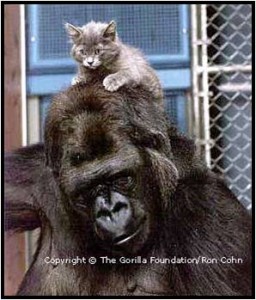
For Immediate Release
October 3, 2011
Contact: Glenn Turner, 917-817-3396
glenn@ripplestrategies.com
Corn vs. Sugar Industries Legal Battle Heats Up Over “High Fructose Corn Syrup” Name Change
New Website FoodIdentityTheft.com Provides Background for Reporters and Consumers
Expert Legal Spokesperson Available For Interviews
WASHINGTON, October 3, 2011 High-Fructose Corn Syrup (HFCS) is a man-made sweetener used in thousands of grocery store products and it has a serious image problem. Consumers are avoiding it. Food companies are taking it out of the products they make. Some supermarkets have banned it. Demand for this highly-processed ingredient is falling fast.
The Corn Refiners Association comprised of corporations that make HFCS -decided that changing the name was a way to fix this problem. They are petitioning the FDA so that HFCS can legally be called “corn sugar” and ultimately just “sugar². An official decision hasn¹t yet been made, but in 2008 the Corn Refiners Association began a $50 million dollar marketing campaign labeling HFCS as ³corn sugar². They are now being sued by a group of sugar farmers and refiners who believe the name change will confuse consumers and harm the sugar industry.
Continue reading “John Steiner: US Government to Rename Corn as Sugar?”







